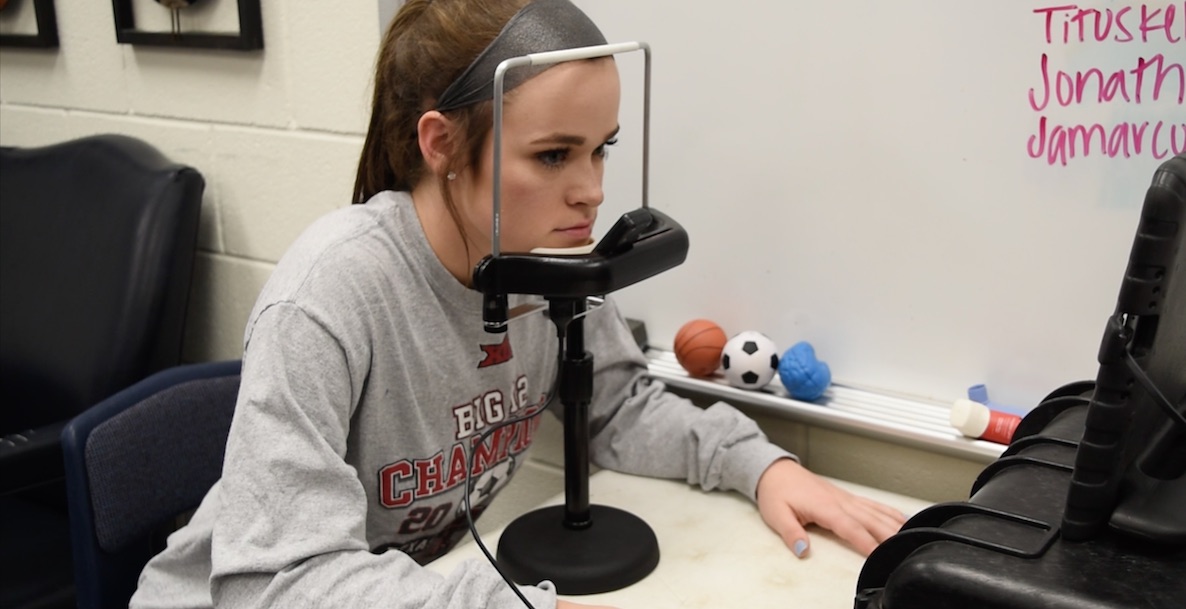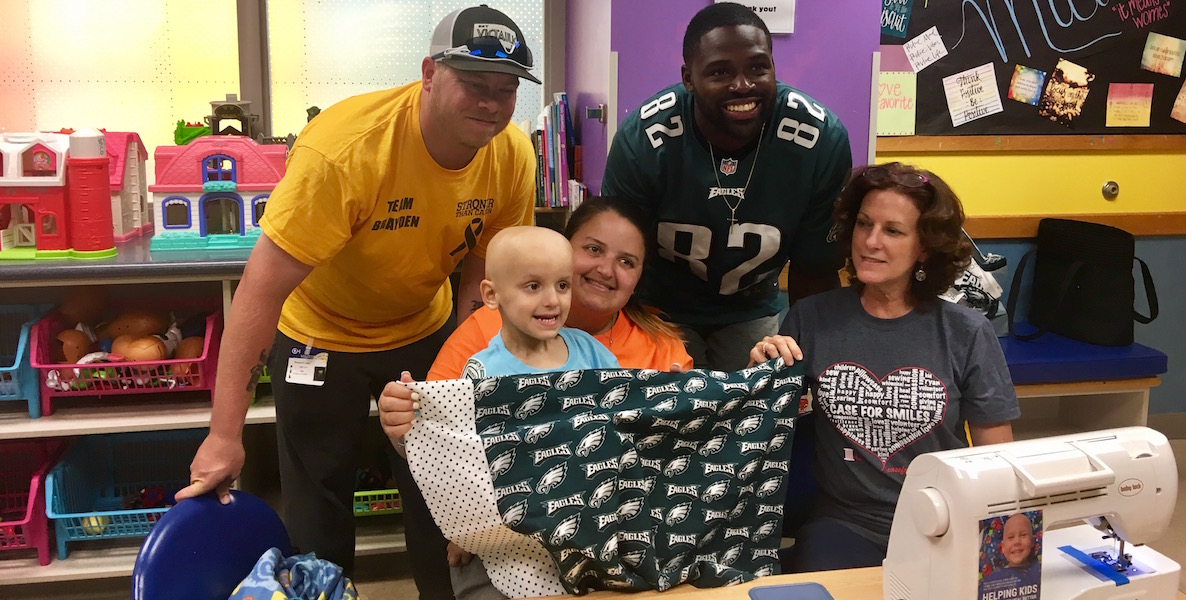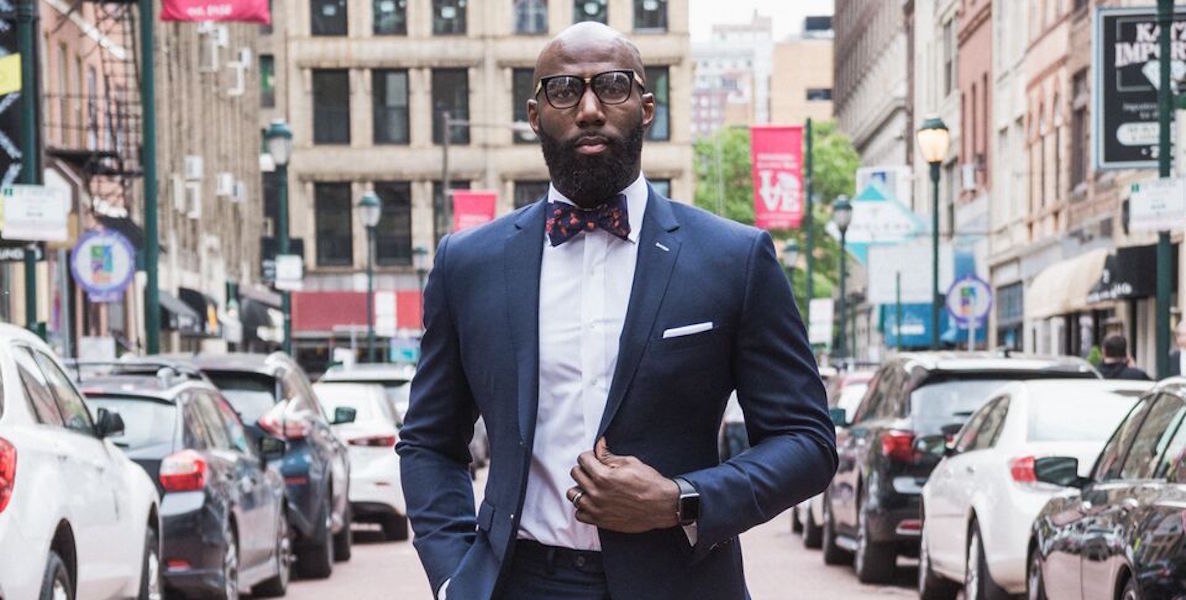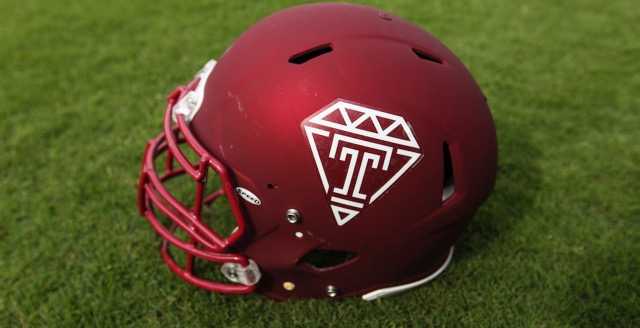I read with great interest Charles Ellison’s essay headlined Hey Eagles, Can You Do North Philly a Solid? He cogently raises all the right questions surrounding the prospect of a football stadium on the Temple University campus. But, as someone who has written about and consulted on sports stadium financing over the years, it bears noting that the answers to those questions largely depend on whether the right conditions pertain on the ground, and on the intentions of the principles behind the project in question. If done right, collegiate stadiums need not be a gentrifying force and can actually contribute to smart growth.
![]()
That’s what’s happening here at Arizona State University, where the 60-year-old Sun Devil Stadium is being transformed into a year-round type of community center, a hub of activity the entire community can use and enjoy. In addition to football games, it will host farmer’s markets, concerts and seminars, serving as a hub connecting our campus to the surrounding community. We’re calling it Sun Devil Stadium 365, because it will be a hotbed of activity 365 days a year.

The proposed Temple stadium represents an opportunity to do something similar. Why not use it as a link between the school and the community?
Ellison is right that most surveys show that professional and collegiate sports stadiums do not result in the economic impact their proponents predict. But there have been exceptions, especially in under-developed and traditionally underserved communities.
![]() In Denver, for example, Coors Field opened its doors in 1995 in a blighted downtown area. In a short time frame, the stadium jump started a turnaround of the neighborhood surrounding it. As more and more bars and restaurants opened nearby, and more and more citizens walked the area streets, the city tripled its sales tax revenue thanks to the new stadium, fueling public investment in once-marginalized communities.
In Denver, for example, Coors Field opened its doors in 1995 in a blighted downtown area. In a short time frame, the stadium jump started a turnaround of the neighborhood surrounding it. As more and more bars and restaurants opened nearby, and more and more citizens walked the area streets, the city tripled its sales tax revenue thanks to the new stadium, fueling public investment in once-marginalized communities.
More recently, the NBA’s Detroit Pistons moved back to downtown, helping to fuel their city’s urban renaissance. 51 percent of those working on the new stadium’s construction were hired from the community, and the Pistons have paid $2.5 million over six years to repair 60 neighborhood basketball facilities that have fallen into disrepair and partnered with the Detroit Employment Solutions Corp to provide job-training to those living in the shadow of their stadium.
In these and other cases, it’s been shown that newly-built stadiums don’t have to be exploitative entities in underserved communities. They can work with the community to smartly manage growth.
Last year, the NFL’s Atlanta Falcons unveiled their state-of-the-art Mercedes-Benz Stadium. What was truly groundbreaking about it was the degree to which the surrounding community benefited from the palatial structure. Falcons owner Arthur Blank launched the nonprofit Westside Works, a workforce development center created to ensure that the impoverished Westside neighborhood that flanks the stadium benefits from it. In addition to job training, there’s a new financial center to improve banking access and financial literacy, a new community center and youth leadership program, and increased law enforcement presence. In the stadium itself, concessions are staffed by local workers.
At Georgia Tech, the college football stadium experience has literally become part of the educational experience. Students and faculty at Georgia Tech are using Texas Instruments technology and research funding to turn Bobby Dodd Stadium into what they call an eStadium, with benefits for fans, the Georgia Tech athletic department, stadium personnel and security.
![]()
Students have worked with faculty to launch a mobile website so fans in the stands can access stats, a drive tracker, play-by-play of the game, other scores from around college football, the weather at the stadium, and even video clips of every single play all on their smartphone. If a fan misses a play at the concession stand, they can watch an instant replay on their phone. This eStadium technology even measures the building’s structural vibrations and crowd noise.
In these and other cases, it’s been shown that newly-built stadiums don’t have to be exploitative entities in underserved communities. They can work with the community to smartly manage growth. That requires real partnership between institutions like Temple, for whom a vibrant college football culture can positively impact student recruitment, and the community itself. It can be done, but it requires listening and good faith on both sides.
Former Wharton professor Kenneth L. Shropshire is the Adidas Distinguished Professor of Global Sport and CEO of Global Sport Institute at Arizona State University and author of The Sports Franchise Game: Cities in Pursuit of Sports Franchises, Events, Stadiums and Arenas.
Photo: Temple University via Flickr






